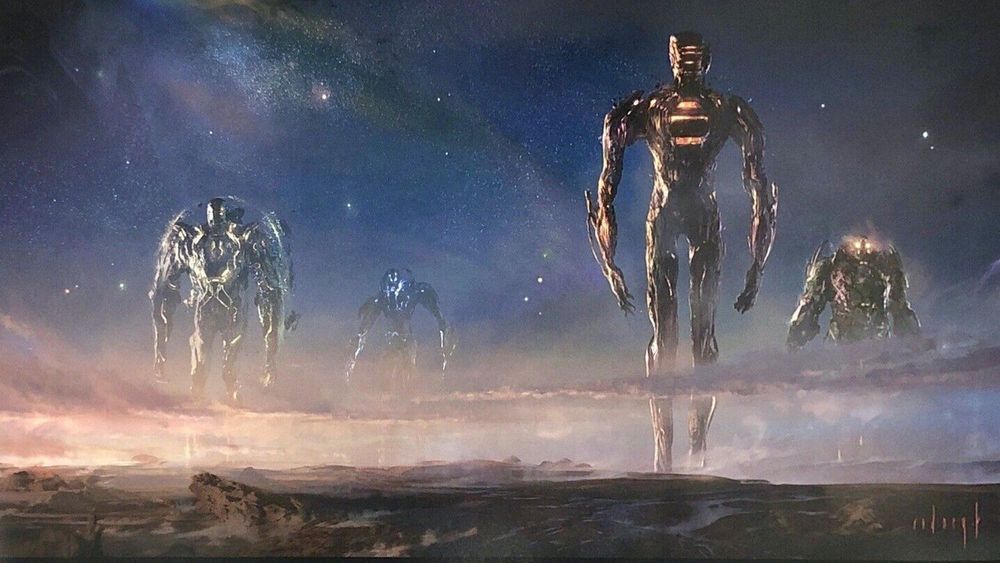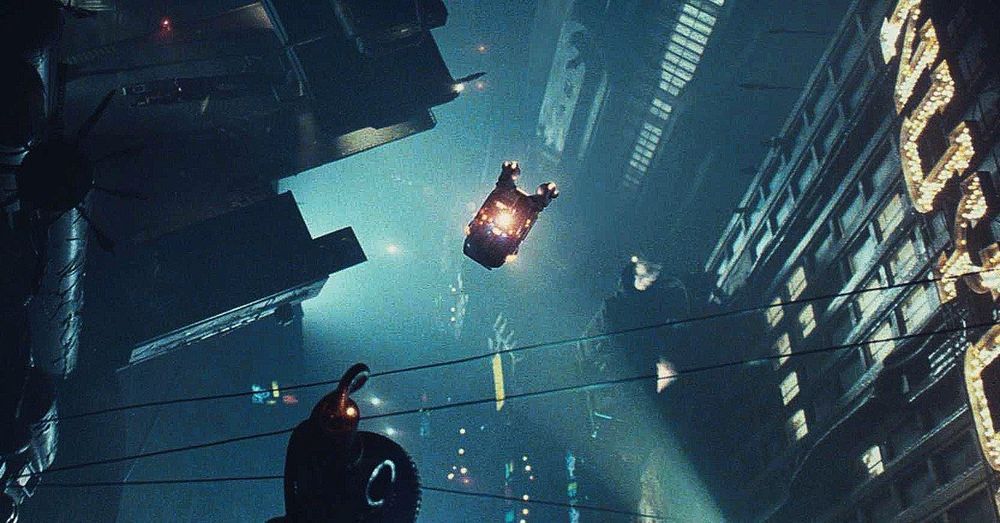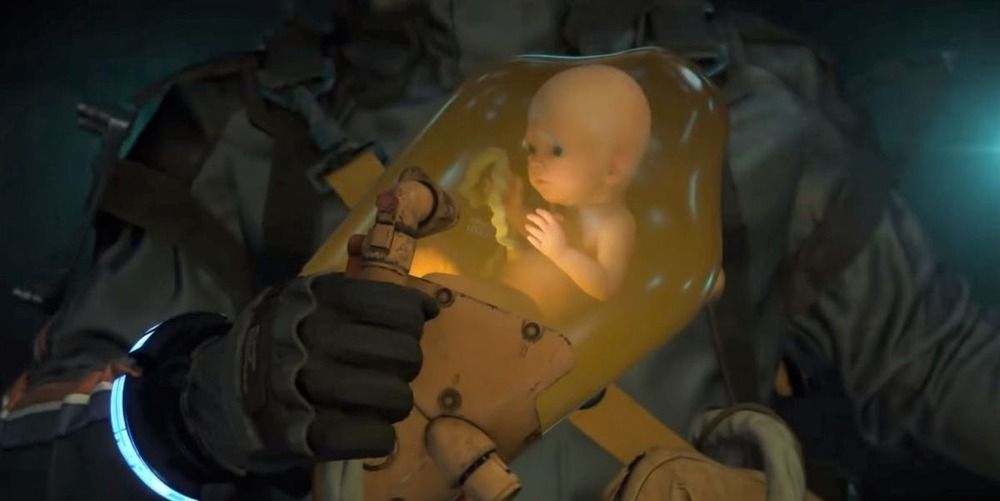
It’s been interesting to see the fans’ reactions regarding Marvel Studios’ next big cosmic adventure film, The Eternals. While some are excited, it seems like there are a good amount that don’t really care about it.
Personally, I’m stoked! I love the lore of The Eternals and The Celestials! Jack Kirby did some incredibly radical stuff with these characters and the story and I’m super pumped to see how Marvel and director Chloe Zhao bring his vision to life.
During a recent interview with THR, Marvel Studios president Kevin Feige talked about the film and explained that it’s a big, expensive, and necessary risk for them:
















